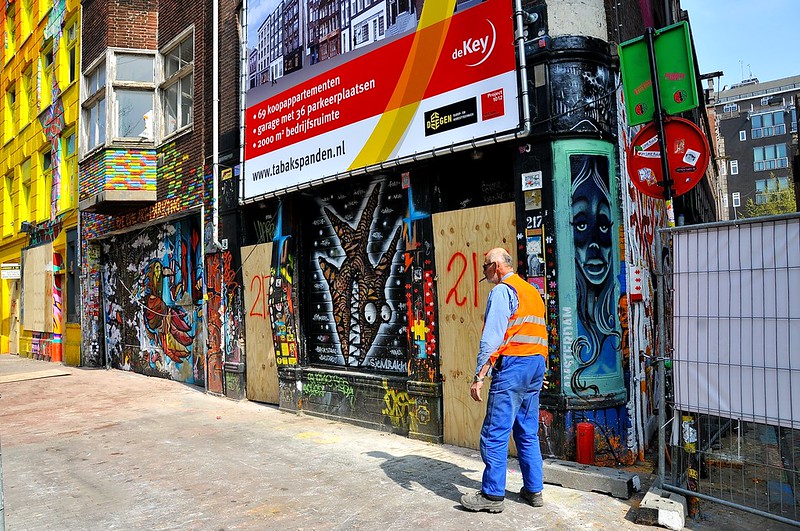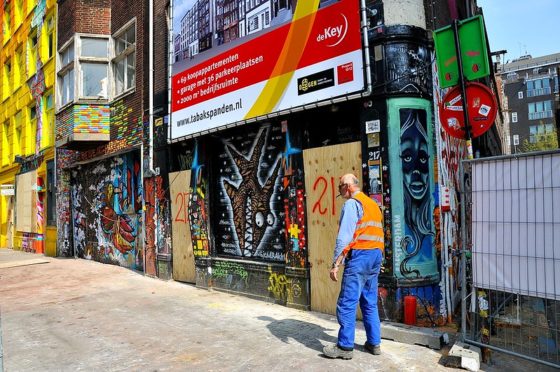Amsterdam mayor, police urge senators to reject new squatting law


Amsterdam mayor Femke Halsema, the capital’s police chief and the public prosecution department are calling on senators not to vote in favour of new legislation on squatting on Tuesday afternoon.
The legislation, drawn up by VVD and CDA MPs, was passed by the lower house in December, despite criticism from the Council of State, the national public prosecution department and local authorities organisation VNG.
The legislation will make eviction processes faster by charging squatters under criminal rather than civil law. At the moment, eviction orders take up to eight weeks to be finalised, but under criminal law this can be done in three days.
But opponents say the law will be counterproductive because at the moment only 30% of squats have to be emptied on a court order and most squatters leave voluntarily.
The new legislation will also require paperwork and court action on each case, and that will put more pressure on police and legal system resources, Halsema said. In addition, she points out, just 15 buildings in the capital were squatted last year and the problem the legislation aims to solve barely exists.
Banned
All forms of squatting were banned in the Netherlands in 2010 and squatters face a maximum of up to one year or more if violence is involved. The legislation also gave local authorities extra powers to trace the owners of abandoned buildings and force them to take action.
Squatting has long been a part of the Dutch political scene and its idealistic roots lie in combatting property speculation and homelessness.
Research by the VU University into the Amsterdam squatters movement in 2009 showed the city has between 200 and 300 squats and no more than 1,500 squatters. In the movement’s heyday in the 1980s, there were some 20,000 squatters in the capital.
Thank you for donating to DutchNews.nl.
We could not provide the Dutch News service, and keep it free of charge, without the generous support of our readers. Your donations allow us to report on issues you tell us matter, and provide you with a summary of the most important Dutch news each day.
Make a donation